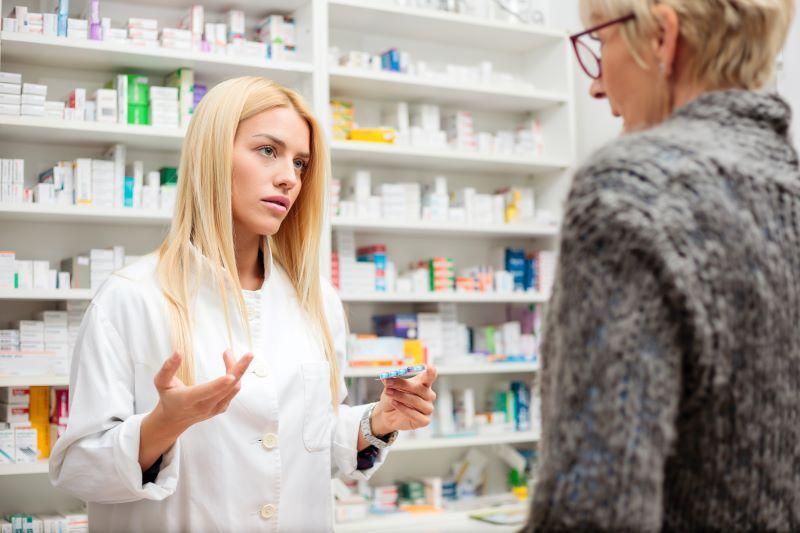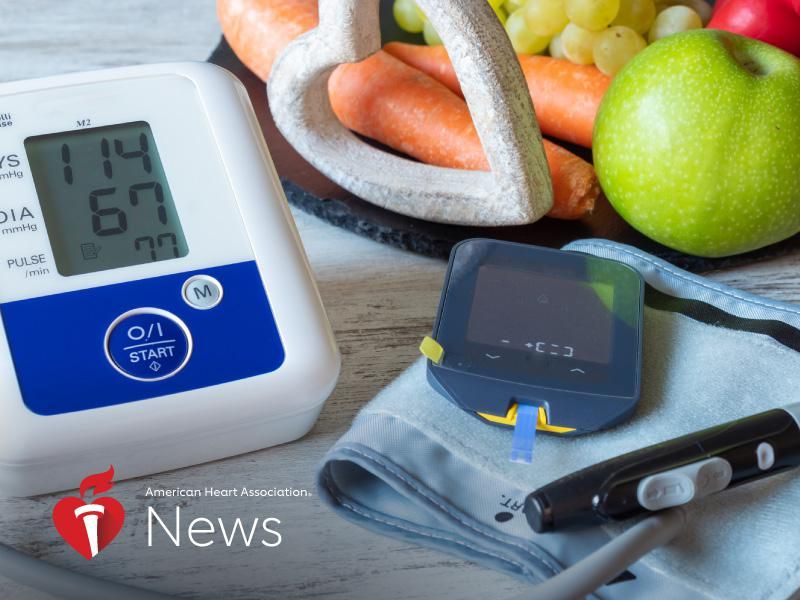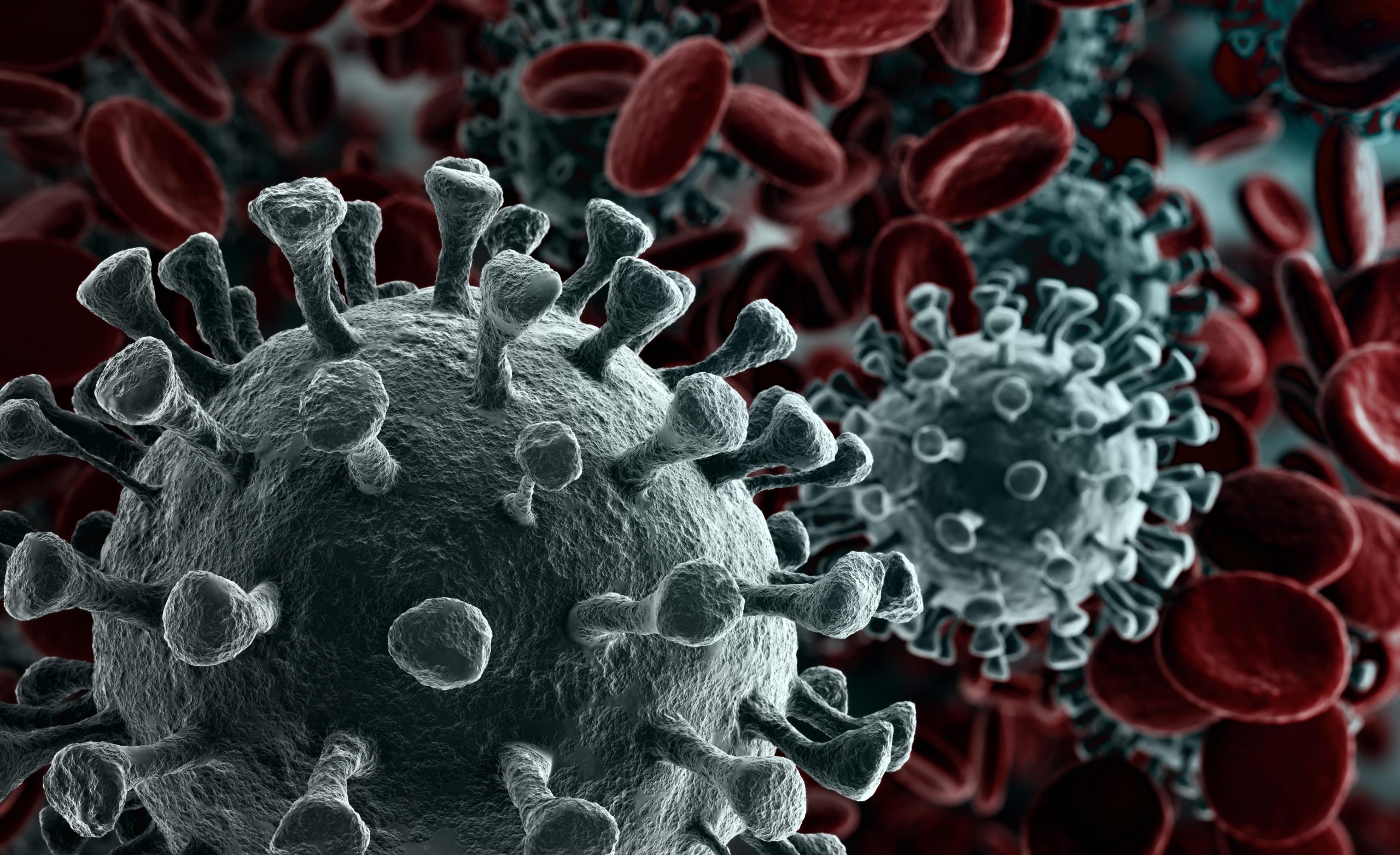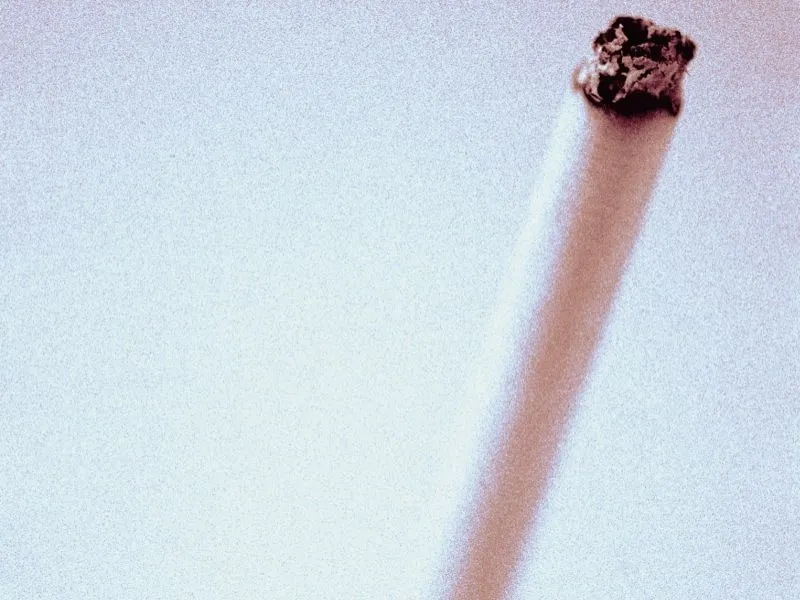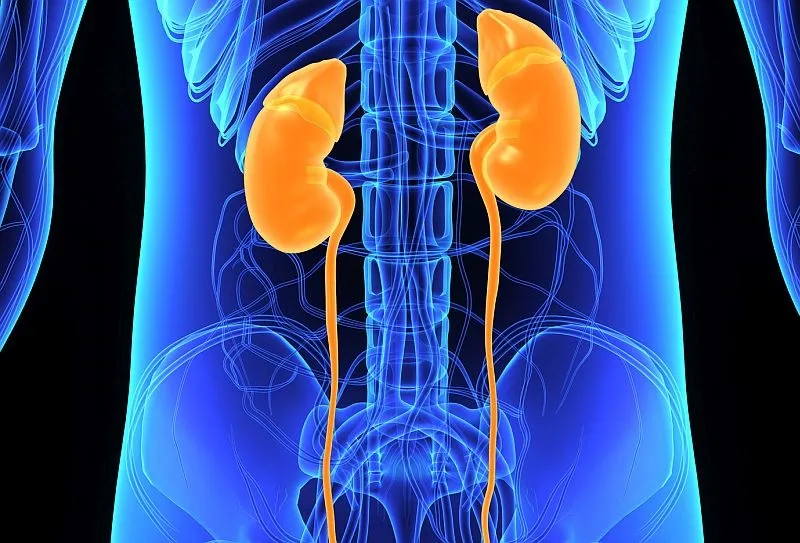
If you’re thinking about donating a kidney, new research could alleviate your concerns. “The results of this study are extremely reassuring for individuals who are considering being living kidney donors. We found that this lifesaving surgery, when performed at experienced transplant centers, is extremely safe,” said study co-author Dr. Timucin Taner, chair of transplant surgery… read on > read on >










